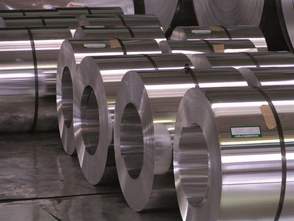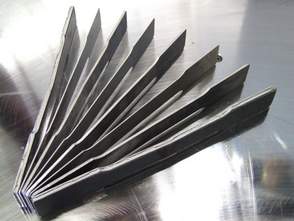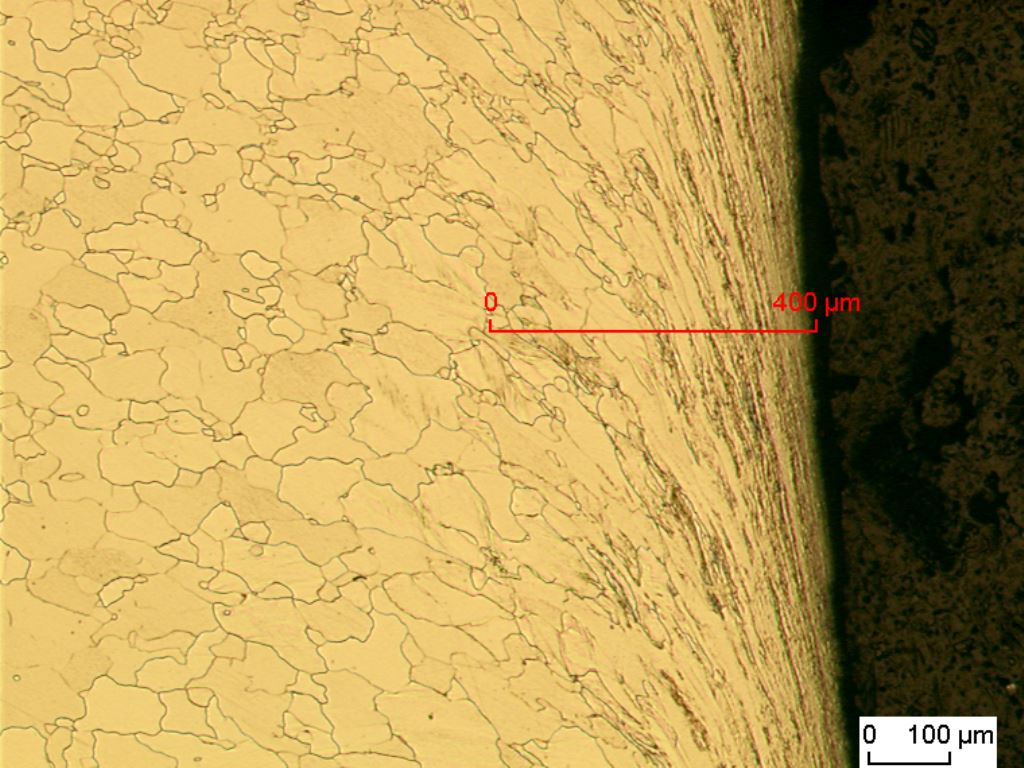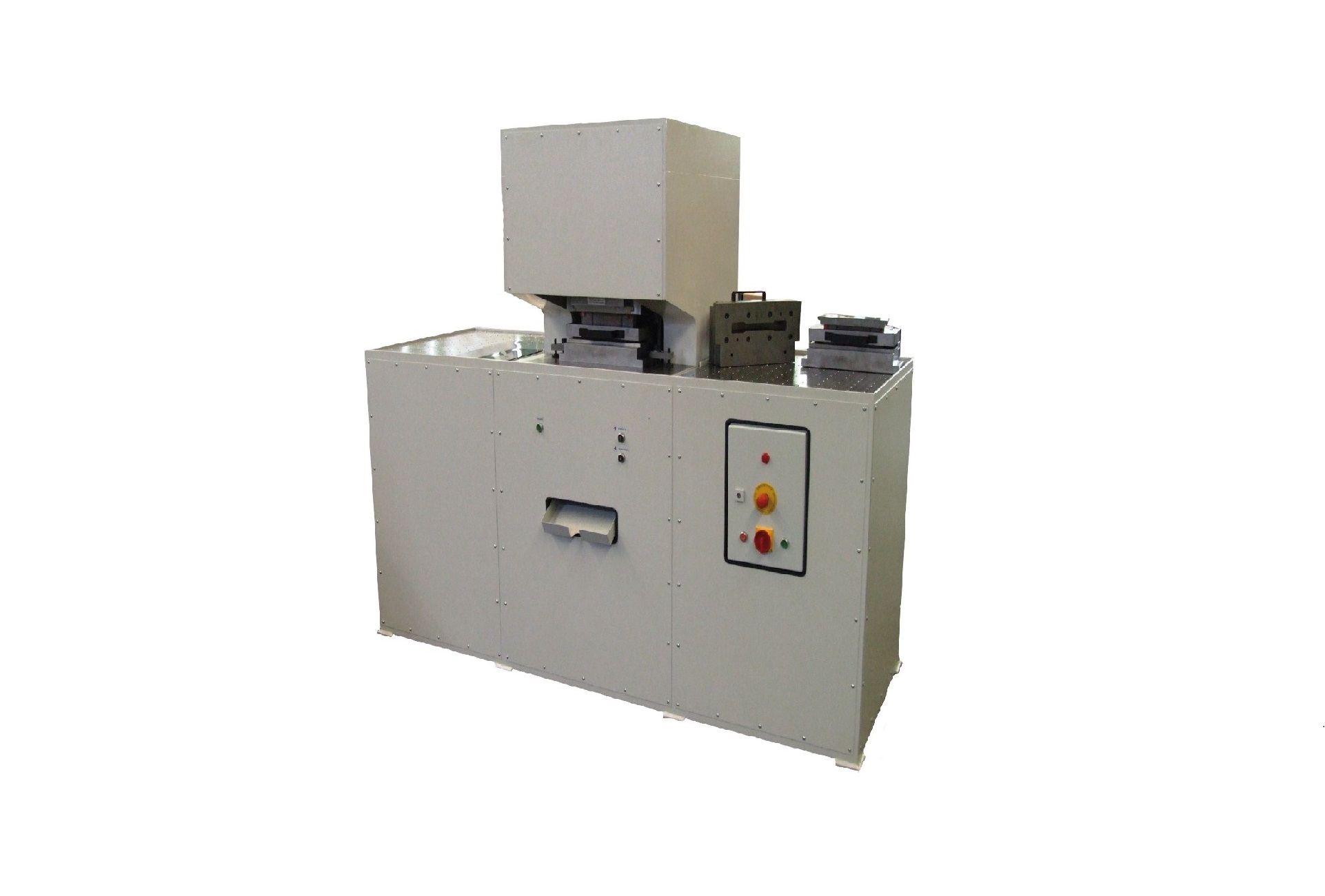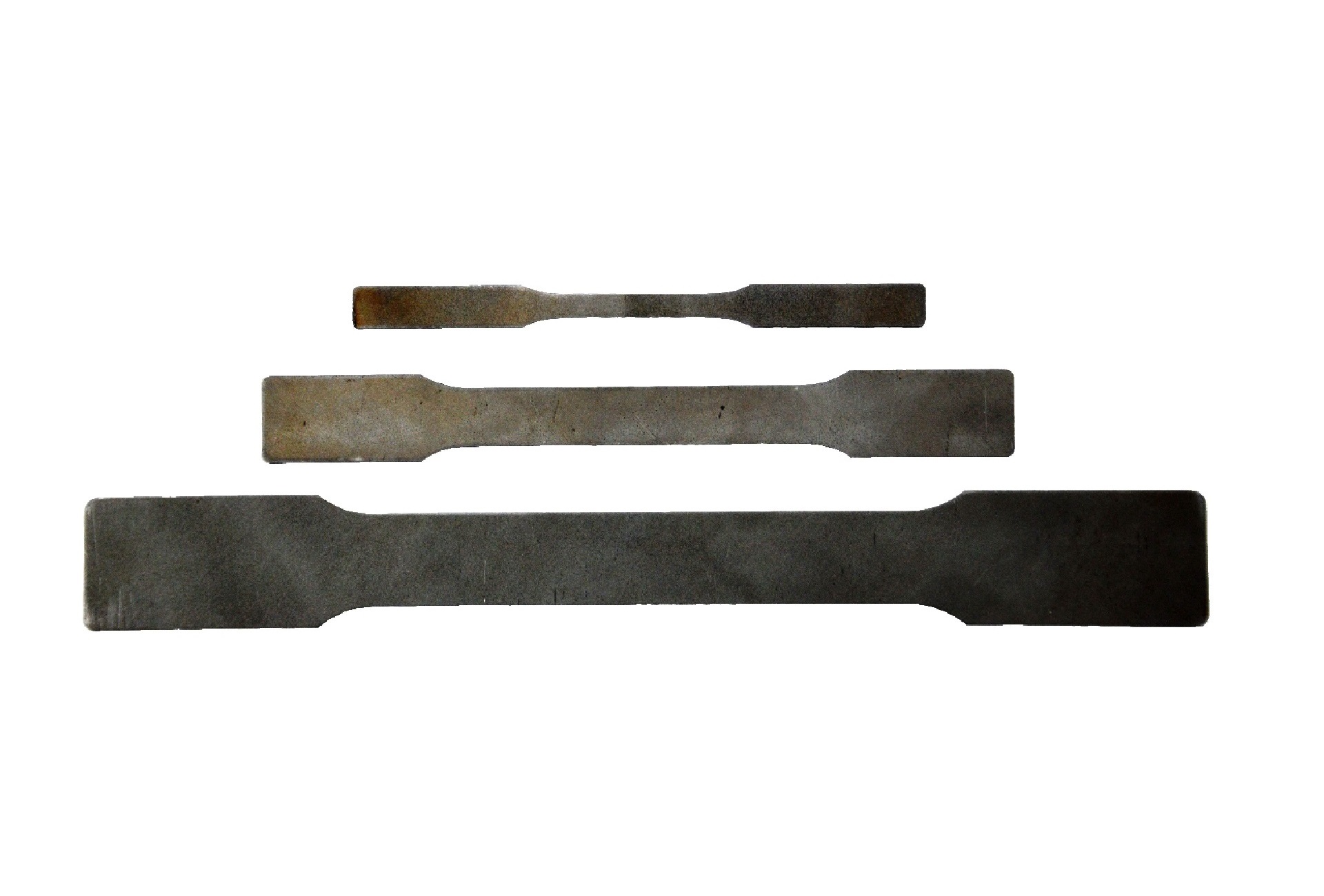Tensile specimen sheet metal
Produce <3 minutes and without changing of material characteristics!
It is not for nothing that we are the market leader in market of machines for the production of sheet metal tensile specimens: There are some suppliers of punches and tools. But it's not about punching a hole in a sheet metal, it's about producing a specimen in such a way that the finished tensile sample meets the standards and the results are not grossly inaccurate due to poor manufacturing. Even if you have the best tensile testing machine in the world: The results of a tensile test can only be as reliable as the test specimen quality allows. |
Since 1970 we have been the first address for machines for the preparation of tensile specimens from sheet metal
You invest 50,000 or even 100,000 € in a first-class tensile testing machine and think: Finally we can determine the quality of the sheets correctly? The sample preparation is often neglected in a damaging way and the samples are clearly manufactured incorrectly. Should you really do a tensile test if you don't know whether the results deviate 1% or 30% from the actual material characteristic? No important company is missing from our delivery list. One customer described our supplier list as the "Who's Who" for products made of sheet metal: steel producers, rolling mills, galvanising plants, semi-finished products, end processors, car manufacturers, automotive components:
From the sheet metal plate to the undoubtedly high-quality sheet metal tensile specimen in less than 3 minutes! Our punches were specially developed for specimen production in materials testing. And what no other company offers: We adapt our equipment exactly to your needs: special construction is our standard. Our experience of over 50 years has led to more solutions than we are prepared to present on our website. Others offer punching and stamping tools - we offer solutions that save you work, are cheaper and the quality of the tensile test is unsurpassed. Because one thing is certain: several attempts have already been made to copy our sample grinding machine. So far, all manufacturers - even renowned companies - have failed in the task and no longer offer this product due to constant customer complaints. By limiting the technology to this application only, these punches could be designed so cheaply that even used punches (which have a larger stroke and greater flexibility ...) are often more expensive than our new machines. Over the last few years, there has been a trend towards significantly increasing the material strength of sheet metal through the use of new alloys. Accordingly, the punching force required to be able to punch higher-strength sheet metal has also increased. Today, a punch with 1,000 or 1,200 kN (100 or 120 t) is the standard. ince not all sheet thicknesses can be punched with only one tool (limits: 0.05 - 10 mm thickness), several sheet thickness ranges, which are individually designed to customer requirements, are necessary. For higher capacities, we used to design and supply punches in a closed design (from 1,000 kN - 100t). By redesigning and testing these constructions with the Fenite Element Method, optimised designs could be developed. The currently largest C-shaped punching machine now has a punching force of 2,200 kN (220 t) and offers the advantage of being able to punch from a sheet of unlimited size.
|
pro + contra
milling laser water jet blanking
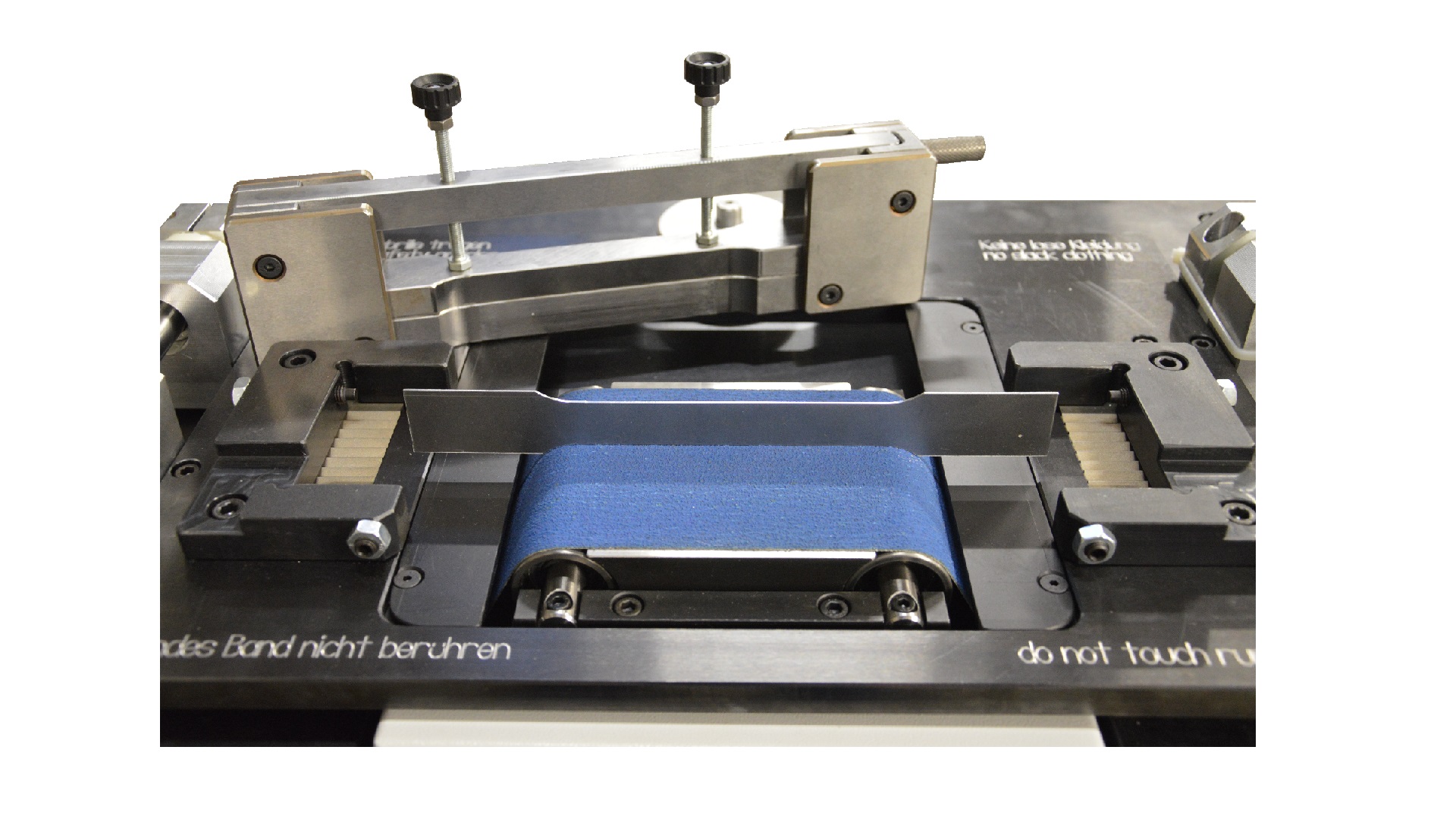
* water jet: rough surface
* laser: heat effecting
* manual milling > duration
* CNC milling good but >duration






